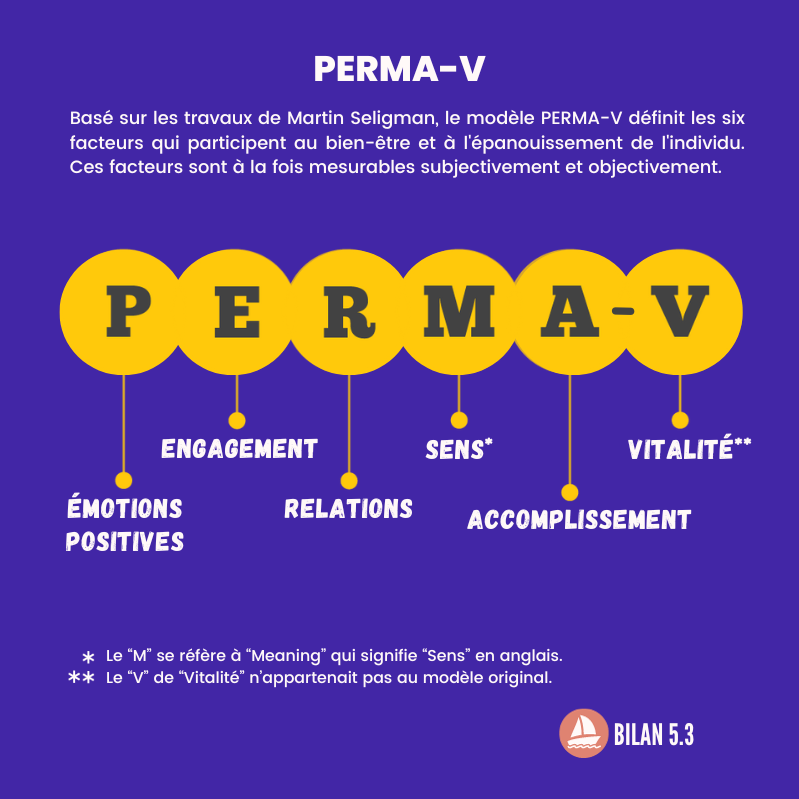Growth, psychomotor and intellectual development, energy expended during multiple daily activities … Children’s food must provide them with the right dose of nutrients: proteins, carbohydrates, lipids, vitamins, minerals … Between 2 and 10 years old, the daily energy needs of an active child gradually increase from 1000 cal to 2200 cal, depending on his age, weight, activities. As in adults, they need all the essential nutrients, for example 45-50% carbohydrates per day in the form of bread and starches. And as for adults, their food balance involves controlling food choices (more fruits and vegetables, less fatty and sugary foods), nutritional education (without moralism), regular and family meals. ..
To help you compose his menus and give him the right quantities:
www.mangerbouger.fr, section “For whom? “, Then” Children “.
Don’t force them!
At a child, feelings of hunger and satiety are more keenly felt than in an adult, suddenly, he is able to regulate what he eats without being aware of it. A word of advice: if your little one stops at three-quarters of his favorite dish arguing that he is no longer hungry, do not force him to finish his plate. In the majority of cases, it is because he is not really hungry anymore.
And for teens?
Nutritional requirements increase sharply at the puberty, between 10 and 13 years old for girls and 13 and 18 years old for boys. A phenomenon linked to sometimes spectacular changes in the body (a boy can grow 15 cm in six months and his weight can double between 10 and 18 years). To answer it, you therefore need a sufficient calcium intake (1,200 mg / day, or 3 to 4 dairy products) and iron in girls with the onset of menstruation (14 mg / day, or 3 to 4 meat products). 4 times / week, eggs and, to complete, pulses).

















